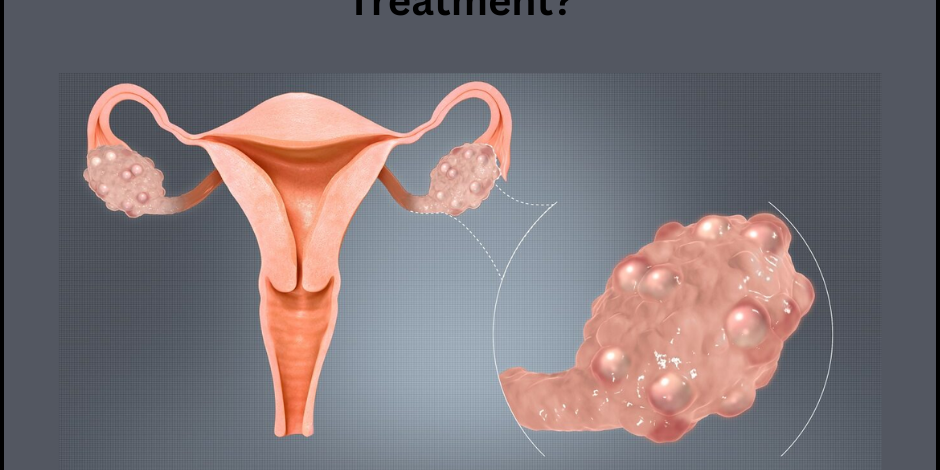Polycystic Ovarian Disease: Nowadays women are walking step by step with men. She is maintaining a balance both at home and outside, but in such a situation she forgets to take care of her body. Due to not paying attention to herself, many diseases have started making their place in her body – PCOD is one of those diseases. Due to lack of time and excess work, nowadays girls and women are not able to pay proper attention to their food and drink and become victims of diseases.
She says, about 70% of women are not even aware that they are suffering from PCOD. Even if you have PCOD, you can still become pregnant. PCOD can be cured by altering one’s lifestyle.
Polycystic Ovarian Disease (PCOD) is a type of hormonal disorder. It mostly affects women of reproductive age. In this disorder, the female body produces hormones in an unbalanced manner resulting in an increase in the production of a large number of male hormones (androgens). According to research, one out of every ten women is suffering from this disorder.
Another name for it is a polycystic ovarian syndrome (PCOS). Women with PCOS have enlarged ovaries that are full of many tiny cysts.
Causes of PCOD
Although it is impossible to find out the exact causes of PCOD, according to experts, some factors like genetics play a major role:
An increased amount of insulin: More androgens are produced as a result of more insulin in the human body. This disrupts hormone balance and makes women infertile.
Low-grade inflammation: Under this aspect, the white blood cells in the body are unable to produce enough substances that help fight infection. Women who have low-grade inflammation have a higher number of androgens produced.
Genes: Some medical professionals believe that women get PCOD from their families.
PCOD Symptoms:
This hormonal disorder does not cause only one type of problem. Its symptoms are variable depending on the overall health status of a woman. A woman or young girl experiences PCOD symptoms around or after her first period. Some common signs of PCOD include:
- irregular periods
- androgens (male hormones)
- acne on face
- excessive facial hair
- ovarian enlargement
- heavy bleeding during periods
- gaining weight
- dark spots on skin
- headache
- thinning hair
What are the complications of PCOD?
If left untreated, Polycystic Ovarian Disease or PCOD can lead to a wide range of complications. Timely diagnosis and treatment are vital to maintaining a woman’s reproductive health.
- Some common complications associated with PCOD include:
- inability or inability to conceive
- diabetes or diabetes
- abortion
- premature birth
- inflammation of the liver
- sleep apnea
- metabolic syndrome
- Mood disorders including depression and anxiety
- abnormal uterine bleeding
- cancer
PCOD treatment
We recommend a treatment modality for PCOD based on the patient’s health and desired concerns. To treat PCOD, we prescribe medicines and advise patients to make lifestyle changes such as dietary changes, physical activity to gain a healthy weight, etc. As a doctor, we also ask patients to increase fiber, vitamin E, and omega-3 and -6 fatty acids.
Some home remedies can also be done for PCOD which are as follows-
Home Remedies for PCOD
The most prevalent endocrine disorder affecting women of reproductive age is a polycystic ovarian disease (PCOD). Which can be treated by making some lifestyle changes, as well as it can also be controlled with the help of some home remedies, which are as follows:
- change in diet
- Supplements such as inositol, zinc, combined vitamin D and calcium, cod liver oil
- Adaptogen herbs such as mapa root, ashwagandha, basil
- Probiotics
- maintain a healthy weight
- balance your exercise
- practice good sleep hygiene
- edge off
- limit or avoid endocrine disruptors
- Consider Acupuncture







